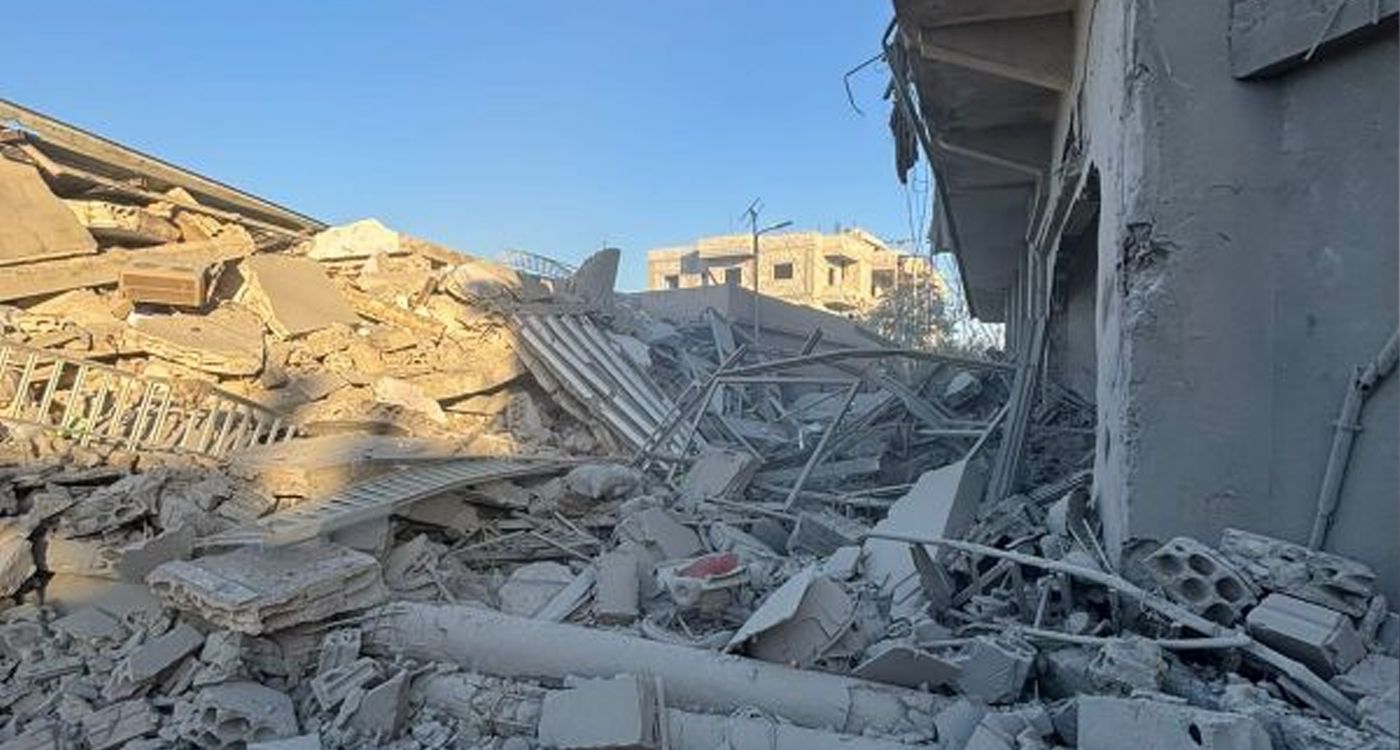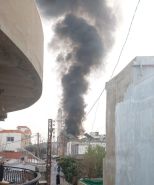
The Secretary-General of Hezbollah, Sheikh Naim Qassem, has called on the Lebanese Army Forces (LAF) to provide clarification regarding the Israeli landing operation in Batroun and the abduction of Imad Amhaz, who, according to the Israelis, is a significant figure within Hezbollah. Qassem stressed that, at this point, he does not wish to make any accusations.
However, it is equally valid for the LAF to question Hezbollah about its involvement in the war against Israel, which has dragged the Lebanese people into a disaster—one whose onset is well-known, but whose end remains uncertain. Every Lebanese citizen has the right to ask Hezbollah for clarification on its decision to engage in this war, in the hope that such inquiries will not be met with accusations of treason or collaboration.
When comparing the Batroun operation to Hezbollah's broader military involvement, the former appears as a mere footnote in the larger scale of the destruction that has befallen Lebanon due to the “support front” war.
The Batroun operation was a direct result of Hezbollah's decision to enter the conflict. Had Hezbollah not engaged in this war, Imad Amhaz would likely still be in Lebanon, perhaps living his life as a marine captain, as reported. The Batroun operation cannot be compared to Israel’s extensive intelligence and military operations against Hezbollah and the Islamic Republic, both of which have touted their superior capabilities. It is enough to recall the Mossad’s assassinations in Iran, the recent strikes on air defense systems and missile production facilities, as well as the targeted assassinations of Hezbollah leaders, and the bombings of pagers and communication devices, to truly comprehend the sheer scale of the infiltration, which knows no bounds.
Lebanese citizens have every right to ask why Israel has expanded its occupation of Lebanese territory, especially when Lebanon was so close to reclaiming what is rightfully its own.
Why have the villages and towns in the South, Beqaa and southern suburbs been devastated? These regions were once thriving, their residents invested their livelihoods to rebuilding, opening businesses, shops and workshops that now lie in ruins. Why were the people of these areas displaced—having lived in their homes with dignity—only to become homeless, unsure if or when they will return? Why have so many people fallen, all of whom had plans for their future or their children’s future, only to have their lives taken without mercy? Why have so many been injured, forced to live with the scars of this war—both physical and emotional—throughout their lives? Why have students been denied an entire academic year? Do they not deserve the same educational opportunities as students in other countries, so they can one day take pride in their achievements? Why has Lebanon as a whole been thrust into this hellish nightmare, further dismantling the economy, talents and potential of the country? Why are so many Lebanese seeking to flee this war zone, with many no longer considering a return?
Our national duty compels us to ask, knowing well that no answer will be forthcoming, for there is no logical or rational justification for what has transpired or what may yet occur. Once again, we will hear the same old rhetoric: “This war is a conspiracy, had we not entered it, it would have come to us anyway.”




Comments